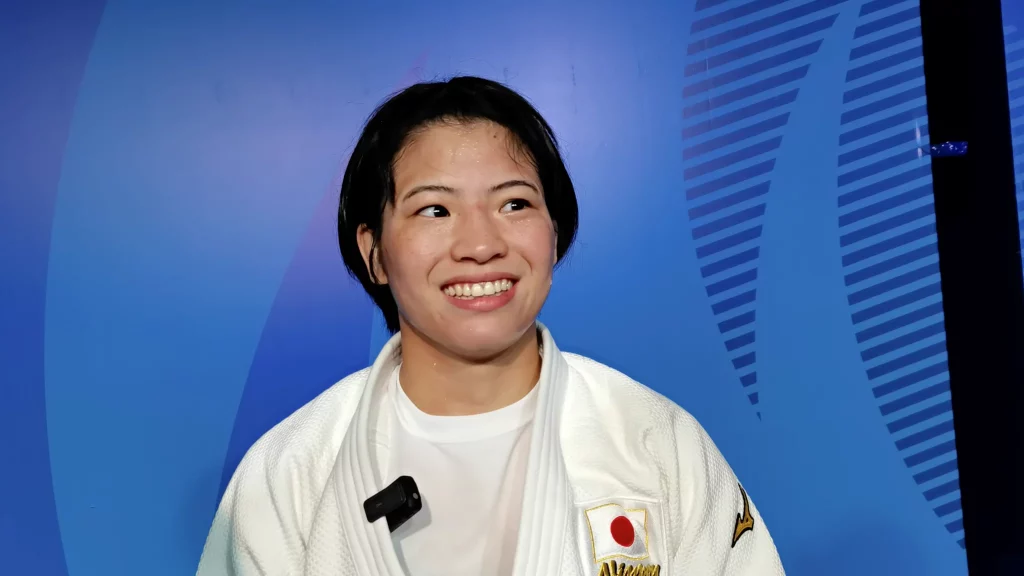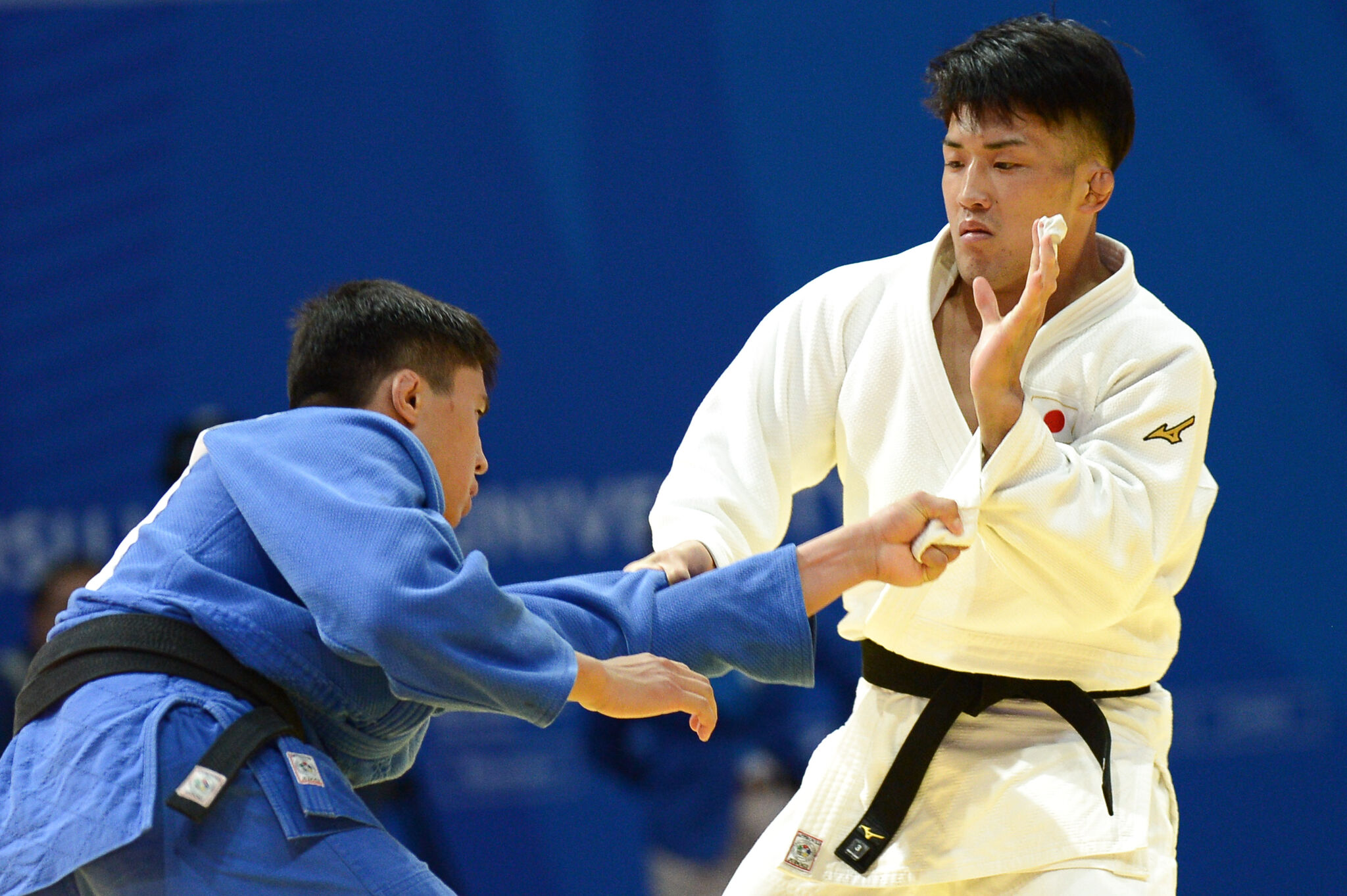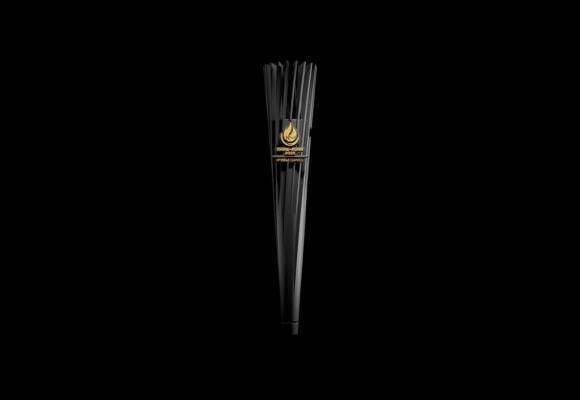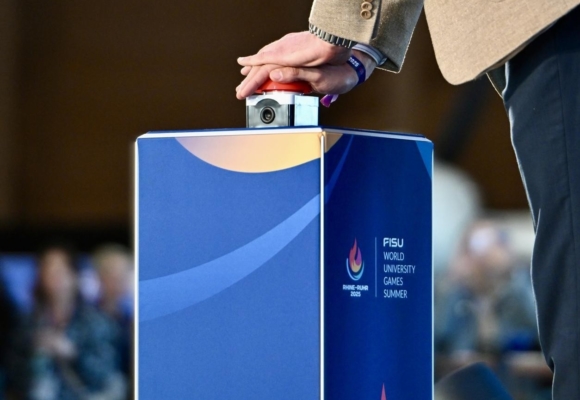In English, the term “budō” is used interchangeably with martial arts. But for Japanese athletes, budō is more than a sport. It’s a way of life.
On Sunday, Japan claimed gold in all four events on the second day of judo competition at the FISU World University Games.
Among Japanese competitors in Chengdu, many study budō at their post-secondary institutions.

The men’s 73kg winner, Tatsuki Ishihara, majors in both sport psychology and martial arts at Nippon Sports Science University in Tokyo.
“Things like the mechanics of the body and the psychology of athletes are very interesting,” said Ishihara. “Studying the psychology of athletes has helped me develop my budō.”
In Japan, budō is the martial way. It is the way of living that sees the philosophies of martial arts applied to everyday life and allows for the reflection and development of oneself. For Ishihara, his studies in the field of budō help him become a better fighter because they help him understand himself.
Kirari Yamaguchi, who took the top spot in the women’s 63kg tournament, also studies budō but in the faculty of physical education at Kokushikan University.
The way of budō is a key element of Japan’s physical education curriculum. It is taught in middle school because of its traditional and cultural value, and the results of those teachings were most certainly present on the mat this Sunday.
Despite being down for most of the fight, Yoshito Hojo beat Uzbek Nurbek Murtozoev in the men’s 81kg final. The 21-year-old attributed his success to his consistency and level-headedness.
“During the combat, I was making a lot of throws and standing my form. I just did what I do and did my best,” he said.
Eighteen-year-old women’s 70kg fighter and budō student Mayu Honda had the opposite experience in her final match. Although she entered the competition with less experience than her competitors, she took gold with an ippon in just 37 seconds.
“It was an honour to take part in the match as a member of Japan’s national team,” Honda said, but she also spoke of the pressure she felt representing a country known for the sport.
In the end, her nerves dissolved, and she made her country and its tradition of budō proud. “I was able to win the match with the feeling that I would do well.”
Written by Miriam Celebiler, FISU Young Reporter



